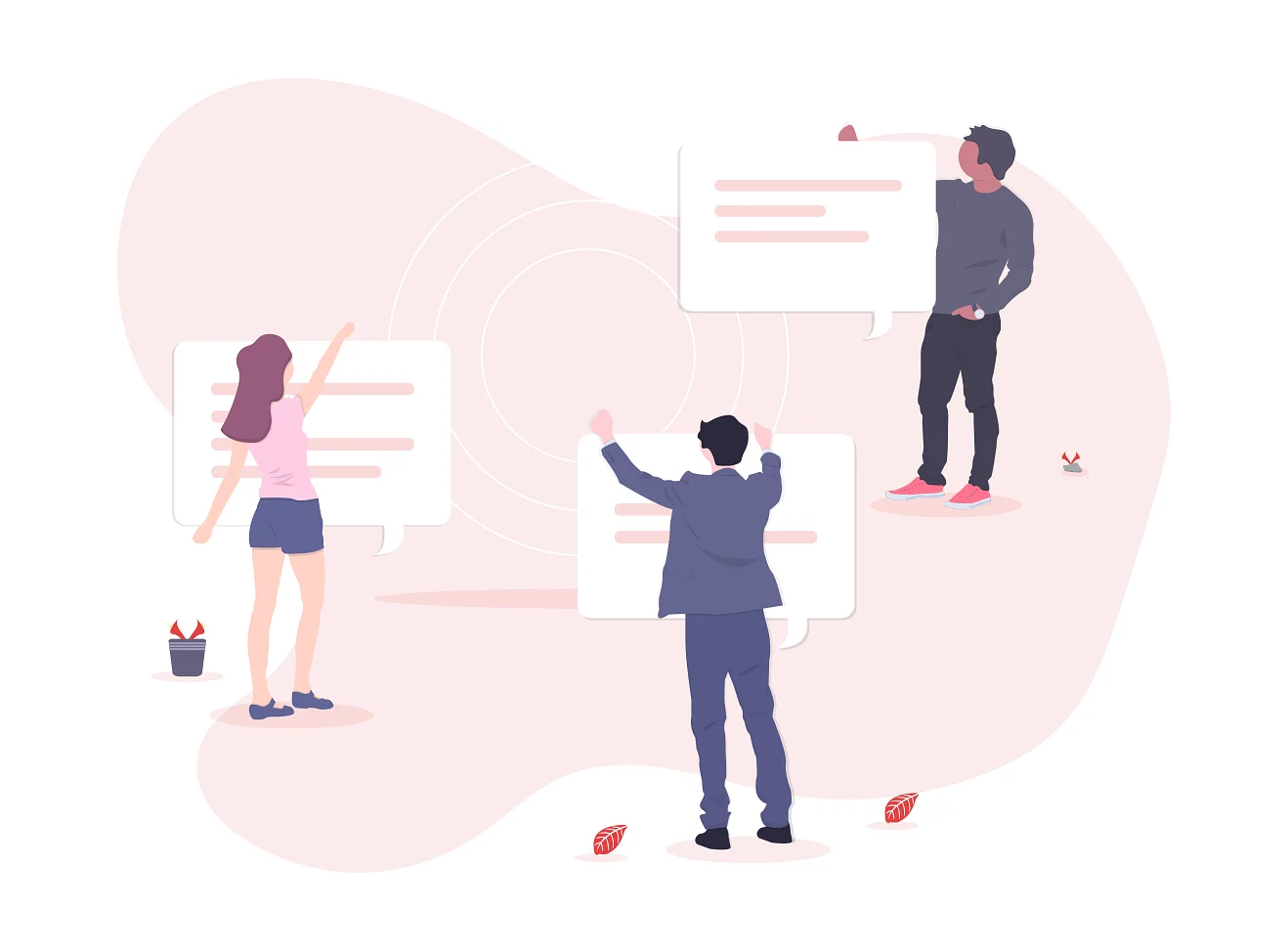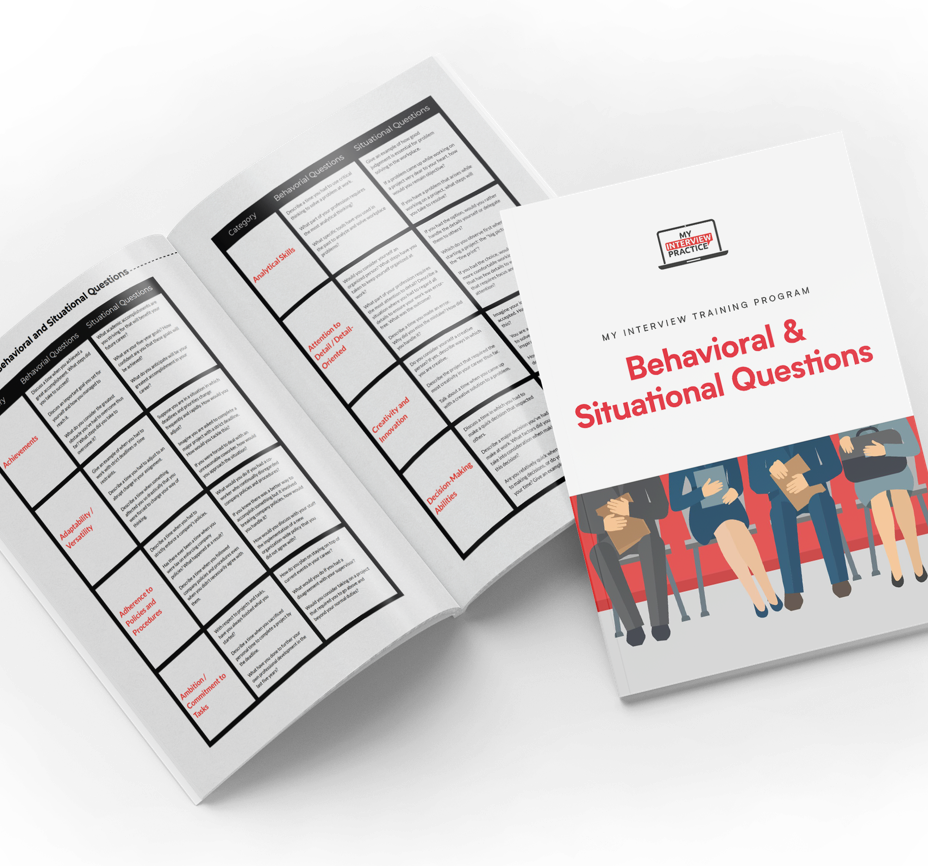Common Interview Questions and Answers for Students

Looking for your first job outside of school can be stressful. Employers want you to have years of experience for an entry-level job, but you need the entry-level job to get the experience. It seems like a lose-lose situation.
Luckily, things aren’t as hopeless as they might seem. Even if you haven’t had a chance to work in your field yet, it doesn’t mean you don’t have useful experience.
It just means you need to learn how to leverage it.
Before you go to your first interview, it’s important to take stock of what will make you valuable to an employer. This can include:
- Just because you haven’t had a chance to work in your field yet, it doesn’t mean you haven’t cultivated any important skills. Typically, your schooling will have prepared you for the field you want to enter through in-class projects and activities. If you did well on a certain project, you can use this experience during an interview. Don’t forget to mention any relevant projects you might have done outside of school too!
- Extra-Curriculars. If you were the captain of your sail team or won the MVP award in your soccer league, mention it! While your extra-curricular activities might not be directly related to your job field, they still give employers an idea of your important qualities such as how you work with others, your leadership abilities, and your work ethic.
- Academic GPA. When you don’t have any experience, your academic GPA can be a very important factor in whether or not the interviewer decides to take a chance on hiring you. Be sure to tell them about your GPA as well as any academic awards or honors you might have achieved.
Once you have a good grasp on what makes you an appealing candidate, you can then move on to the next part of preparing for an interview: the questions.
Answering questions during an interview can seem nerve-wracking. You’re in an unfamiliar situation, unsure if you have the right answers for an interviewer, and hoping you get the job.
Luckily, interviewers tend to stick to a similar group of questions when interviewing students, so you can easily prepare yourself. We’ve gathered up some of the most common interview questions you’ll encounter and some effective ways you can answer them below! Find additional training to ensure you answer behavioral and situational questions with confidence here.
Question 1: “Where do you see yourself in five years?”
Students’ lives are in a constant state of change and employers know this. The purpose of this question is for them to find out whether you plan to stay with the company long enough for them to get a return on their investment in you.
Understandably, you might be unsure of your plans for the next five years. If that’s the case, don’t panic! Answer honestly, but keep things as vague as possible. Take a look at the sample answer below.
Answer: “I want to gain more experience in this field and am interested in any avenues of growth that are available. I’m particularly interested in your company because I think it will help me become a valuable employee.”
This is a good answer for those of you who are unsure about where you will be in five years. This answer tells the interviewer that you are interested in the company and want to stick with your field without outright saying you’re not sure if you want to stay with that company long-term.
On the other hand, if you know for a fact that this is the company you want to work for, let them know! They’ll appreciate it and count it as a point in your favor.
Question 2: “How well do you work within a group? Give me a few examples of times when you had to use teamwork to accomplish a goal.”
Peer-to-peer interactions are an important part of any job and can make or break a workplace. Interviewers ask this question so they can get an idea of how well you work with others and whether you’ll be an asset or a handicap to their team.
When answering this question, you want to focus on positive group efforts, especially ones where you took on a leadership role or were a significant member of the team. Take a look at the sample answer below.
Answer: “I work well in groups and enjoy the collaborative nature of it. For my final in Business Management, we had to do a group project with four other students. I ended up taking the lead within the group and took care of outlining all of our to-do lists, the project plan, and managing other members of the team. It was tough at first with the huge amount of work, but we ended up getting an A in the end so it was worth it.”
Collaboration, time management, and communication skills are three of the most important qualities interviewers look for in students with little to no work experience. Emphasize how you exhibit these qualities, and you’re sure to make a good impression, no matter your field.
Question 3: “Let’s say you have two projects that are due roughly at the same time, and you feel overwhelmed. What do you do?”
Apart from asking about your past school experience, your interviewer will want to know how you’ll behave in the workplace, specifically in regard to how you will react to an inevitable time management conflict.
The important thing is to not be afraid to tell them that you’ll ask for help. Employers want competent employees who can handle their own problems, but they also want team players who know their limits. A good way to answer a question like this is to incorporate examples from the past to show that you know how to react under pressure.
Answer: “Well, something like that happened last year when I was volunteering with Habitat for Humanity. We were short-staffed, and there were two urgent projects that needed to be done at the same time. I called a short meeting, and we prioritized what needed to be done for each. In the end, we were actually able to cut down the original time projected to complete each task.”
That is a good answer because it shows you can prioritize tasks, an important skill that interviewers look for. In addition, it shows you can bring your peers together to work toward a common goal, another crucial aspect of time management.
Question 4: “What is your biggest accomplishment to date?”
This is an open-ended question that gives you a great opportunity to set yourself apart from other candidates. You can choose from any experience in your life, but it’s important to use one that will impress the interviewer.
When deciding on an accomplishment, it’s always a good idea to mention something that benefited as many people as possible. This will give the interviewer the sense that you are a team player and have the ability to make a difference in others’ lives as well as your own.
Answer: “In my Object-Oriented Programming class, I learned to write software for robotic arms. I helped my professor solve a difficult problem he had been struggling with for a while. The functions I wrote for that class are now being used to help amputees control electronic prosthetics, and I’m really proud of that.”
Now, you don’t have to save a dozen children from a burning orphanage, but the more altruistic your answer, the more it will resonate with the interviewer. Remember … when answering this question you want to demonstrate:
- You have a valuable skill set.
- You possess desirable soft skills.
- You are community-oriented.
Question 5: “Why do you want to work here?”
Interviewers love to ask this question to weed out candidates who are just looking for a paycheck. Ideally, you want to work for a company because you like what they do and who they are. When answering this question, it’s important to emphasize what you like about the company such as:
- Their mission
- Their values
- Their product
Answer: “I’m a big fan of the company and have been following them for years. I think the CEO is brilliant and love the work he’s done with revolutionizing how the public sees cryptocurrency.”
That is a good answer for several reasons, the first being that you’re communicating your love for the company. This lets the interviewer know that you are personally invested and motivated by passion rather than money. It also shows that you took the time to research the head of the company and his work, showing even more devotion to them and what they do.
Preparation Is Key
When it comes to interviewing, there are ways for even the most inexperienced student to land a job in their field. It’s all a matter of showing up well prepared. Take the time to create your answers to these common student interview questions, and you’ll be one step closer to landing your first job!
Are you looking for a Job? Use our partner Jooble to help look for your job today!
The key to nailing your interview – practice, practice, practice.
As with anything, practice makes perfect. The most common ways to practice are with in-person mock interviews or a list of questions. While these options are a great place to start, they can leave a lot to be desired.
Practicing with In-Person Mock Interviews and Question Lists
One way to get valuable interview practice is to set up in-person mock interviews. Unfortunately, they can be somewhat inconvenient. You have to find someone to conduct the mock interview, and schedule a meeting every time you want to practice.
Question lists offer a much more convenient way to practice interviewing. Unfortunately, they do little to recreate actual interview pressure. In a real interview you’ll never know what’s going to be asked and this is exactly what can make interviews so stressful.
Interview Simulators – The best of both worlds.
With interview simulators, you can take realistic mock interviews on your own, from anywhere.
My Interview Practice offers a dynamic simulator that generates unique questions every time you practice, ensuring you're always prepared for the unexpected. Our AI-powered system can create tailored interviews for any job title or position. Simply upload your resume and a job description, and you'll receive custom-curated questions relevant to your specific role and industry. Each question is crafted based on real-world professional insights, providing an authentic interview experience. Practice as many times as you need to build your confidence and ace your next interview.
| List of Questions |
In-Person Mock Interview |
My Interview Practice Simulator |
|
|---|---|---|---|
| Questions Unknown Like Real Interviews | |||
| Curated Questions Chosen Just for You | |||
| No Research Required | |||
| Share Your Practice Interview | |||
| Do It Yourself | |||
| Go At Your Own Pace | |||
| Approachable |
Our interview simulator uses video to record your responses, and recreates the pressure you would feel in a real interview. This also allows your to see how you perform and perfect your responses. You can then share your responses with colleagues and mentors so that you can get valuable feedback.
Get the free training guide.
See the most common questions in every category assessed by employers and be ready for anything.
Get the Guide








